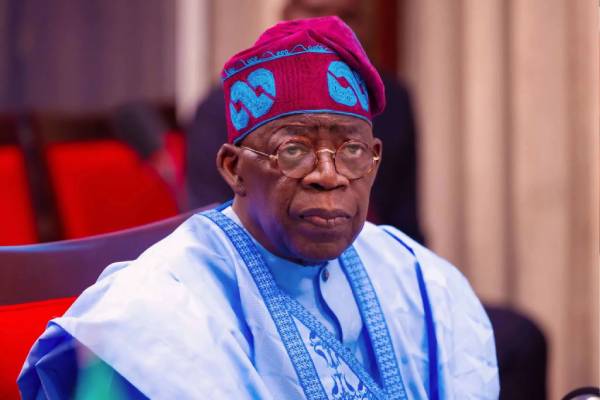President Bola Tinubu has described the Ajaokuta Steel Company as an economic failure and a threat to Nigeria’s sovereignty, pledging sweeping reforms to revitalise the nation’s steel industry.
Speaking in Abuja at the Inaugural Stakeholders’ Summit on the Development of the Steel Sector, themed “Rebuilding and Consolidating Nigeria’s Steel Industry: Collaborative Action for Sustainable Growth and Global Competitiveness”, Tinubu—represented by Vice President Kashim Shettima—said the company symbolised decades of unrealised potential.
“How can we build, manufacture or defend ourselves without the material that enables all three? Steel is more than an industrial input—it is the material expression of national strength,” he said. “It builds our bridges, powers our industries, supports our defence, and lays the foundation for a modern economy. No nation has achieved true development without mastering steel, yet for decades, Nigeria has failed to do so.”
The President said his administration was determined to reverse the trend, describing the steel sector as a “national imperative” for industrial growth, job creation and sustainable development.
He added that the Ministry of Steel Development, created in August 2023, was tasked with crafting policies, fostering innovation, expanding infrastructure and regulating the industry to achieve self-sufficiency.
https://www.tvcnews.tv/tinubu-appoints-odion-ummsalma-rabiu-exec-commissioners-of-fccpc/
Despite Nigeria’s abundant iron ore, limestone and coal reserves, Tinubu noted that the country still imports over 90 per cent of the steel it consumes.
He pledged to “rethink, retool and revitalise” the sector to transform Nigeria into a regional steel powerhouse, conserve foreign exchange and strengthen the nation’s industrial base.
Minister of Steel Development, Shuaibu Audu, said reviving local production could cut Nigeria’s $4 billion annual steel import bill.
He outlined incentives for investors, including capital allowances, tax holidays, import duty exemptions, and a policy requiring that at least 30 per cent of steel inputs for government projects be sourced locally.





